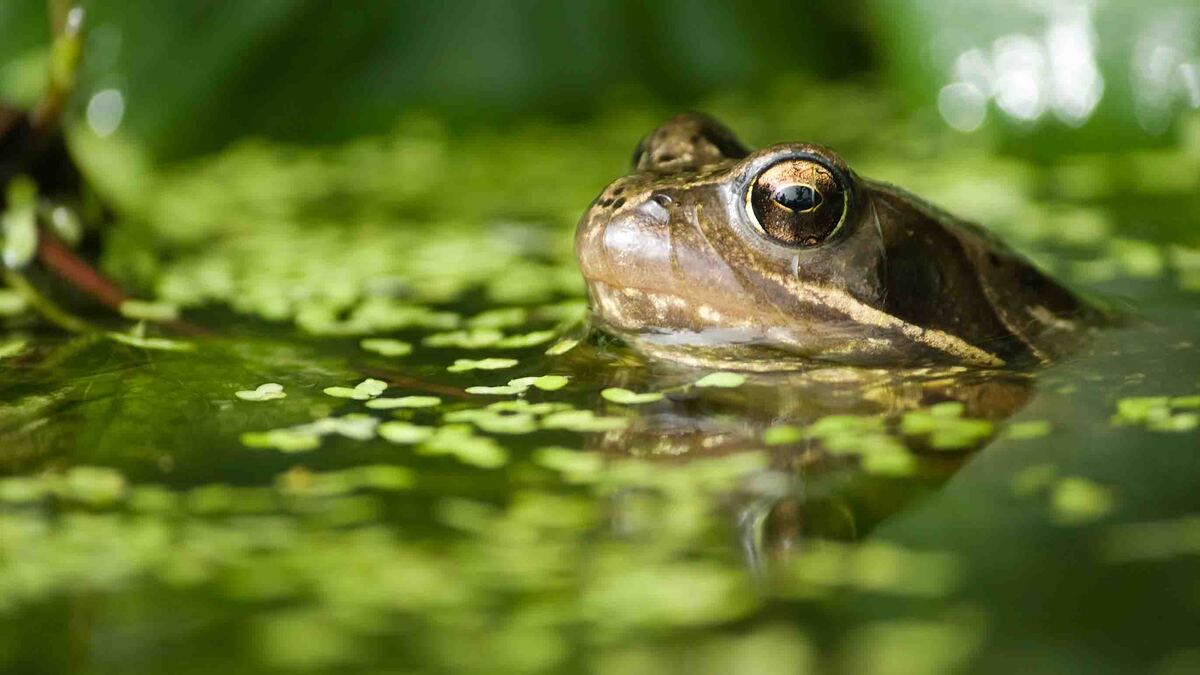Published:

The health of the UK frog population is to be explored as part of a new partnership project led by scientists at Heriot-Watt University.
Over the next three-years, the project will study the impact of multiple stressors on tadpoles and develop an online tool that can be used to assess the health of freshwater wetlands, helping inform future conservation efforts.
Temporary freshwater habitats such as marshes and ponds are exceptionally biodiverse and highly exposed to varied environmental threats including pollutants, heatwaves, salinity, and invasive species. But they are generally overlooked by researchers and regulators, and few field studies have addressed the effects of different combinations of pollutants and climate stressors on these ecosystems.
Biodiversity is declining at an alarming rate and amphibians are amongst the most highly threatened animal phyla.
This new project, entitled: "A Novel Testing Paradigm to Identify and Manage Multiple Stressor Impacts on Wildlife", will address important knowledge gaps, testing the impact of these different threats on tadpoles of the common frog in field habitats as well as in the laboratory.
Dr Frances Orton, Associate Professor of Ecotoxicology at Heriot-Watt University who is leading the new project, explained: “Biodiversity is declining at an alarming rate and amphibians are amongst the most highly threatened animal phyla. Wetland ecosystems, too, upon which amphibians rely, are being degraded on a global scale.
“Investigations into the effects of multiple environmental stressors - including pollution, climate change, disease, and invasive species - on tadpoles will allow the development of a novel testing paradigm to assess the health of these vital freshwater ecosystems. Our work will enable researchers to identify specific threats and the combinations that are driving negative impacts and will be widely applicable across freshwater ecosystems.”
Researchers are focussing on frogs because amphibians are a key component of temporary freshwater ecosystems and the most threatened class of vertebrates. They have received £1million in funding from the UK Research and Innovation (UKRI), the national funding agency investing in science and research in the UK.
The project is being run in collaboration between Heriot-Watt University and the research institute, the UK Centre for Ecology & Hydrology (UKCEH), with the involvement of researchers from several other universities within Scotland at the University of the West of Scotland, and across Europe at the Swedish University of Agricultural Sciences, and Osnabruck University.
Dr Claus Svendsen, Head of Pollution at UKCEH, said: “Biodiversity is declining at an alarming rate especially for amphibians, and many different factors are driving declines in species in freshwater ecosystems. Our work will enable researchers to identify specific threats and the combinations that are driving negative impacts and will be widely applicable across freshwater ecosystems.”